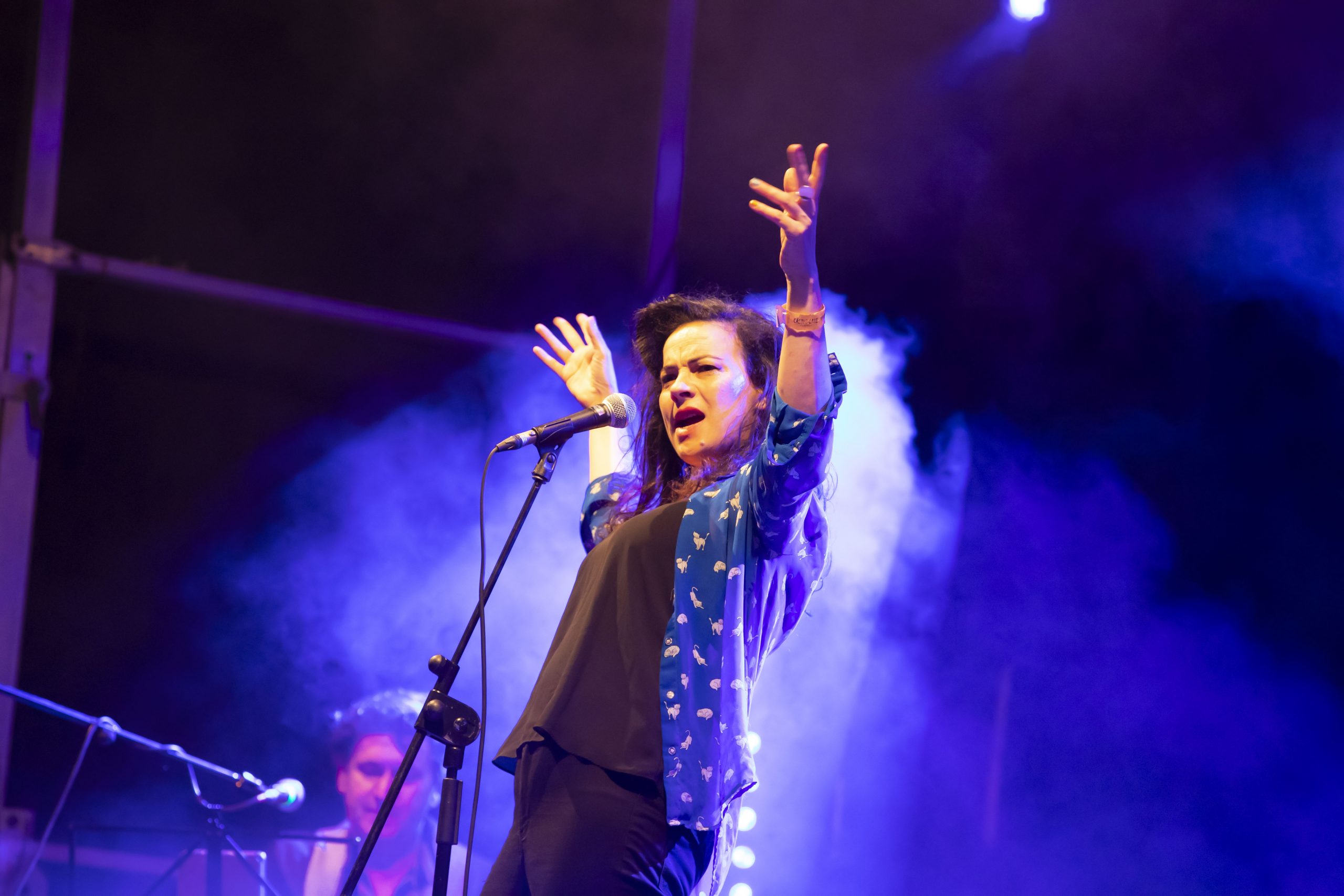Camille O’Sullivan made her way to the stage, a blend of nerves and excitement. It was the first time the Irish singer had performed live in front of a crowd in more than 18 months, her touring schedule thwarted by pandemic enforced restrictions. “It is great to be back,” she said on multiple occasions. And no one among the 400 strong crowd who had gathered at Johnstown castle, the picturesque Wexford estate that has just reopened after a €7.5 million investment, doubted the sincerity of her words. Most of those in attendance were equally happy just to be out once…
Cancel at any time. Are you already a member? Log in here.
Want to read the full story?
Unlock this article – and everything else on The Currency – with an annual membership and receive a free Samsonite Upscape suitcase, retailing at €235, delivered to your door.

